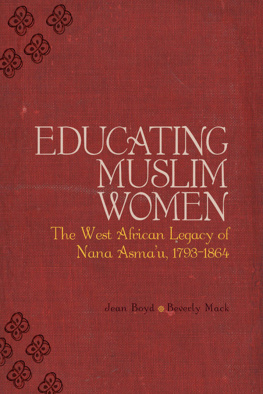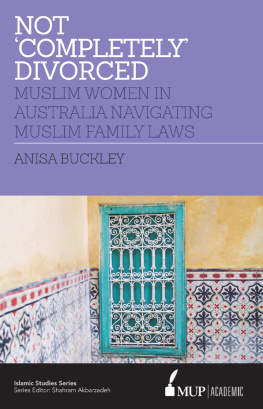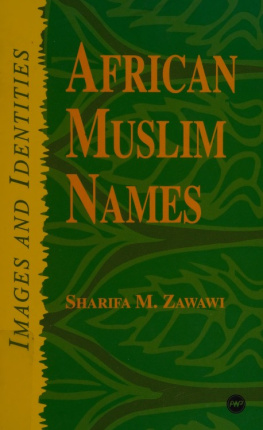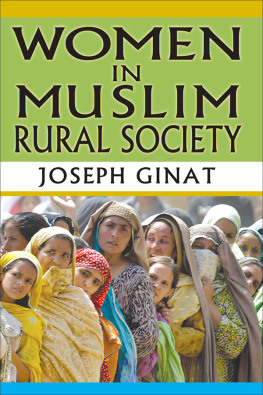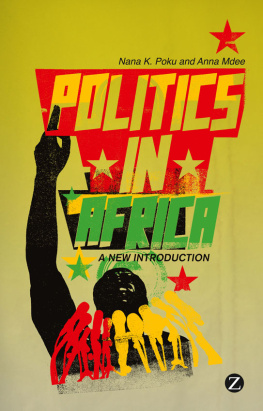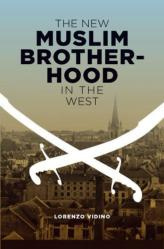Beverley Mack - Educating Muslim Women: The West African Legacy of Nana Asmau 1793-1864
Here you can read online Beverley Mack - Educating Muslim Women: The West African Legacy of Nana Asmau 1793-1864 full text of the book (entire story) in english for free. Download pdf and epub, get meaning, cover and reviews about this ebook. year: 2013, publisher: Kube Publishing Ltd, genre: Religion. Description of the work, (preface) as well as reviews are available. Best literature library LitArk.com created for fans of good reading and offers a wide selection of genres:
Romance novel
Science fiction
Adventure
Detective
Science
History
Home and family
Prose
Art
Politics
Computer
Non-fiction
Religion
Business
Children
Humor
Choose a favorite category and find really read worthwhile books. Enjoy immersion in the world of imagination, feel the emotions of the characters or learn something new for yourself, make an fascinating discovery.
- Book:Educating Muslim Women: The West African Legacy of Nana Asmau 1793-1864
- Author:
- Publisher:Kube Publishing Ltd
- Genre:
- Year:2013
- Rating:4 / 5
- Favourites:Add to favourites
- Your mark:
Educating Muslim Women: The West African Legacy of Nana Asmau 1793-1864: summary, description and annotation
We offer to read an annotation, description, summary or preface (depends on what the author of the book "Educating Muslim Women: The West African Legacy of Nana Asmau 1793-1864" wrote himself). If you haven't found the necessary information about the book — write in the comments, we will try to find it.
Nana Asmau was a devout, learned Muslim who was able to observe, record, interpret, and influence the major public events that happened around her.
Daughters are still named after her, her poems still move people profoundly, and the memory of her remains a vital source of inspiration and hope. Her example as an educator is still followed: the system she set up in the first quarter of the nineteenth century, for the education of rural women, has not only survived in its homelandthrough the traumas of the colonization of West Africa and the establishment of the modern state of Nigeriabut is also being revived and adapted elsewhere, notably among Muslim women in the United States.
This book, richly illustrated with maps and photographs, recounts Asmaus upbringing and critical junctures in her life from several sources, mostly unpublished: her own firsthand experiences presented in her writings, the accounts of contemporaries who witnessed her endeavors, and the memoirs of European travelers. For the account of her legacy the authors have depended on extensive field studies in Nigeria, and documents pertaining to the efforts of women in Nigeria and the United States, to develop a collective voice and establish their rights as women and Muslims in todays societies.
Beverley Mack is an associate professor of African studies at the University of Kansas. She is co-editor (with Catherine Coles) of Hausa Women in the Twentieth Century and co-author (with Jean Boyd) of The Collected Works of Nana Asmau, 17931864 and One Womans Jihad: Nana Asmau Scholar and Scribe.
Jean Boyd is former principal research fellow of the Sokoto History Bureau and research associate of the School of Oriental and African Studies at the University of London. She is the author
Beverley Mack: author's other books
Who wrote Educating Muslim Women: The West African Legacy of Nana Asmau 1793-1864? Find out the surname, the name of the author of the book and a list of all author's works by series.

